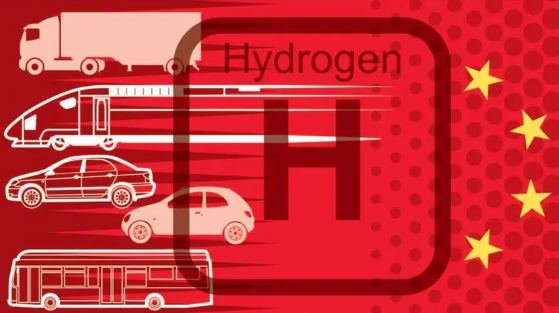
The facility will produce hydrogen fuel cell systems, stacks, and components for commercial vehicles, including heavy-duty trucks, buses, sanitation vehicles, and specialized equipment. Ownership is split with Toyota holding 50%, Shudao Equipment 45%, and Shudao Group 5%. This initiative strengthens Chengdu’s hydrogen infrastructure, aligning with its ambition to become a "green hydrogen capital."
Toyota contributes nearly three decades of hydrogen fuel cell expertise, having introduced mass-produced hydrogen vehicles in 2014 and recently launching an advanced hydrogen energy system. Shudao Equipment brings extensive local resources and experience from regional hydrogen projects, such as hydrogen-powered locomotives and refueling stations, enhancing the venture’s capabilities.
Located in Qingbaijiang District, the 10,000-square-meter facility will initially employ about 50 workers. The district’s strategic position within the Chengdu-Chongqing hydrogen corridor and its role as a hub for the China-Europe Express supports diverse hydrogen applications. Local logistics operations already utilize hydrogen-powered forklifts, cold-chain vehicles, and heavy-duty trucks, reflecting strong regional demand.
Qingbaijiang is expanding its hydrogen infrastructure, with a skid-mounted hydrogen station completed and additional refueling facilities under construction. A synthetic ammonia air discharge project, set to start this year, will supply up to 36,000 Nm³/h of hydrogen, making it Chengdu’s largest hydrogen source and reducing costs.
The joint venture will initially supply hydrogen commercial vehicles for Sinotruk Chengshang. By 2024, it produced 353 hydrogen-powered units, with orders for 480 more, demonstrating robust integration with regional industries.
Professor Kim Sang-ryun of GIST noted: “This study is the world's first case of hydrogen anion conduction by complex ions,” highlighting global advancements in hydrogen technology that could further benefit projects like this.
By combining Toyota’s technological expertise with Shudao’s regional network, the partnership enhances Chengdu’s role in global hydrogen energy development. It offers a model for sustainable energy solutions, with potential to influence similar initiatives worldwide.